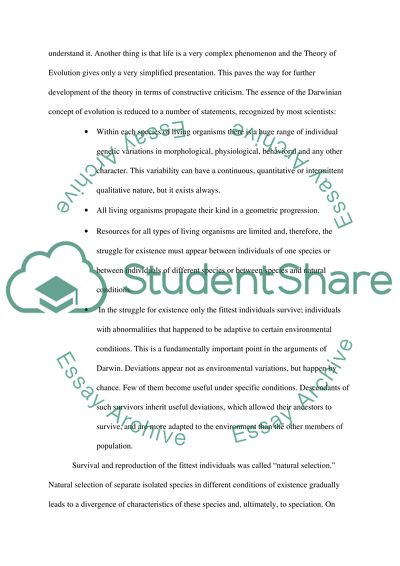Cite this document
(“Darwinism and His Theory of Evolution Coursework”, n.d.)
Retrieved from https://studentshare.org/environmental-studies/1421229-darwinism-and-his-theory-of-evolution
Retrieved from https://studentshare.org/environmental-studies/1421229-darwinism-and-his-theory-of-evolution
(Darwinism and His Theory of Evolution Coursework)
https://studentshare.org/environmental-studies/1421229-darwinism-and-his-theory-of-evolution.
https://studentshare.org/environmental-studies/1421229-darwinism-and-his-theory-of-evolution.
“Darwinism and His Theory of Evolution Coursework”, n.d. https://studentshare.org/environmental-studies/1421229-darwinism-and-his-theory-of-evolution.


